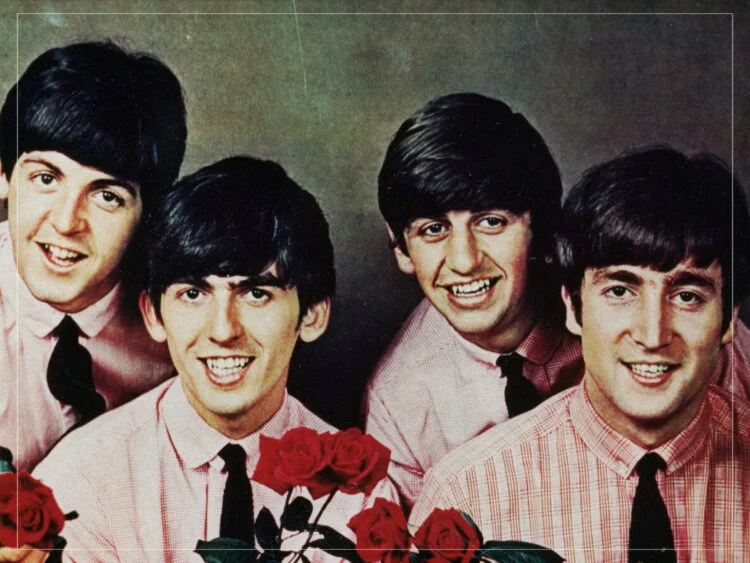“Flames of Controversy: The Beatles Record Burning in Birmingham, Alabama on July 31, 1966 — The Backlash to John Lennon’s ‘More Popular Than Jesus’ Comment and One of the Most Explosive Moments in Rock History”
On July 31, 1966—59 years ago to the day—the city of Birmingham, Alabama became the epicenter of one of the most shocking and symbolic reactions in the history of popular music. That evening, a local radio station organized a “Beatles Record Burning,” encouraging young fans and angry listeners to bring their Beatles albums, posters, and memorabilia to be destroyed in a fiery public demonstration. The cause of the outrage? A provocative comment made months earlier by John Lennon that would ignite a cultural firestorm.
In an interview published in March of that year with British journalist Maureen Cleave for the Evening Standard, Lennon famously remarked, “Christianity will go. It will vanish and shrink. I needn’t argue with that; I’m right and I will be proved right… We’re more popular than Jesus now.” Though the comment initially went largely unnoticed in the UK, it was reprinted later in the American teen magazine Datebook—and the reaction in the United States, particularly in the deeply religious South, was swift and furious.
Radio stations across the South began banning Beatles music. Churches condemned the group. Public figures demanded apologies. But perhaps the most visually dramatic response occurred in Birmingham, where a local station, WAQY-AM (known as “Wacky Radio”), invited its listeners to join in a mass burning of Beatles records and merchandise. Bonfires were lit. Kids, parents, and even church leaders threw albums into the flames, condemning what they saw as blasphemy and disrespect.
The record burning shocked the band. John Lennon, always outspoken, soon found himself under intense scrutiny and personal distress. Ahead of the Beatles’ August U.S. tour, he issued a statement expressing regret, saying, “I’m sorry I said it, really. I never meant it to be a lousy anti-religious thing. I apologize if that will make you happy. I’m not anti-God, anti-Christ, or anti-religion.” But the damage had already been done.
The Birmingham bonfire was more than just a publicity stunt—it symbolized a deep cultural divide. The Beatles, who had once been seen as lovable mop-tops, were now emerging as voices of a changing youth culture that often clashed with traditional religious and moral values.
Looking back, the event remains one of the most surreal and sobering chapters in music history: a moment when a single quote sparked a literal inferno, testing the limits of free speech, celebrity influence, and cultural tolerance in a rapidly shifting world. And yet, despite the backlash, The Beatles endured, evolved, and continued to shape the future of music—proving, perhaps ironically, just how powerful their voices truly were.
